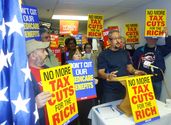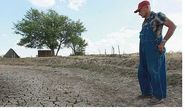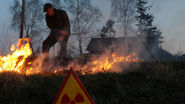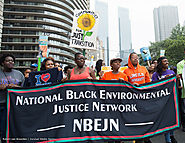-
About
- About Listly
- Community & Support
- Howto
- Chrome Extension
- Bookmarklet
- WordPress Plugin
- Listly Premium
- Privacy
- Terms
- DMCA Copyright
- © 2010-2025 Boomy Labs

 gretta vosper
gretta vosper
Listly by gretta vosper
Congressional climate wars were dominated Tuesday by the U.S. Senate, which spent the day debating, and ultimately failing to pass, a bill approving the construction of the Keystone XL pipeline. While all that was happening, and largely unnoticed, the House was busy doing what it does best: attacking science. H.R.

Senate Majority Leader Harry Reid (D-NV) has reached a compromise with House Republicans on a package of tax breaks that would permanently extend relief for big multinational corporations without providing breaks for middle or lower-income families, individuals with knowledge of the deal tell ThinkProgress.


Norwegian scientists say global warming will lead to more wildfires in the forests surrounding the site of the 1986 nuclear accident, leaving Europeans exposed to radioactive elements still present in the exclusion zone around the plant. "A large amount of Caesium-137 still remains in the Chernobyl forests, which could be remobilized along with a large number of other dangerous, long-lived, refractory radionuclides.
Often, one of the major complaints about clean energy installations is that they're eye sores. Large wind turbines or solar arrays are considered obstructive to views.

While climate change will negatively impact all of us, people of color and low-income communities will be hit the hardest and have the fewest resources to adapt to the challenges, such as extreme weather and poor air quality, that climate change will bring. Yet, these communities are often underrepresented, if not left out completely.
